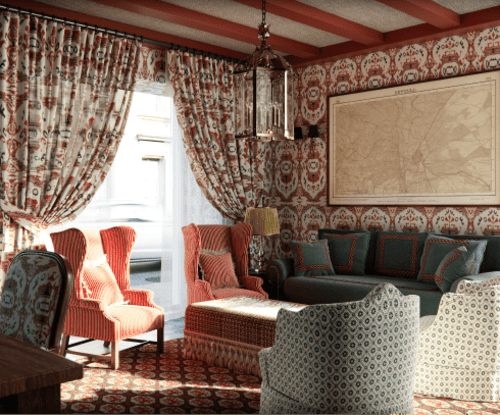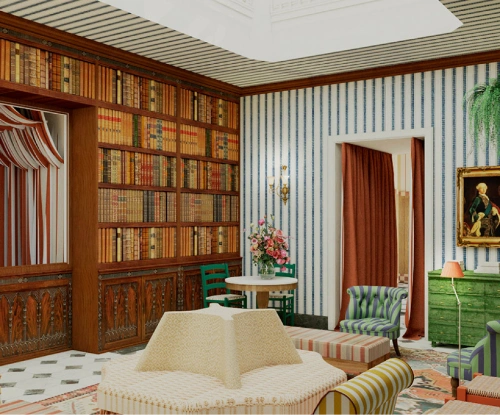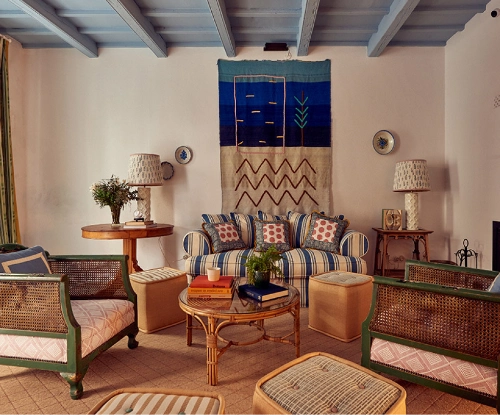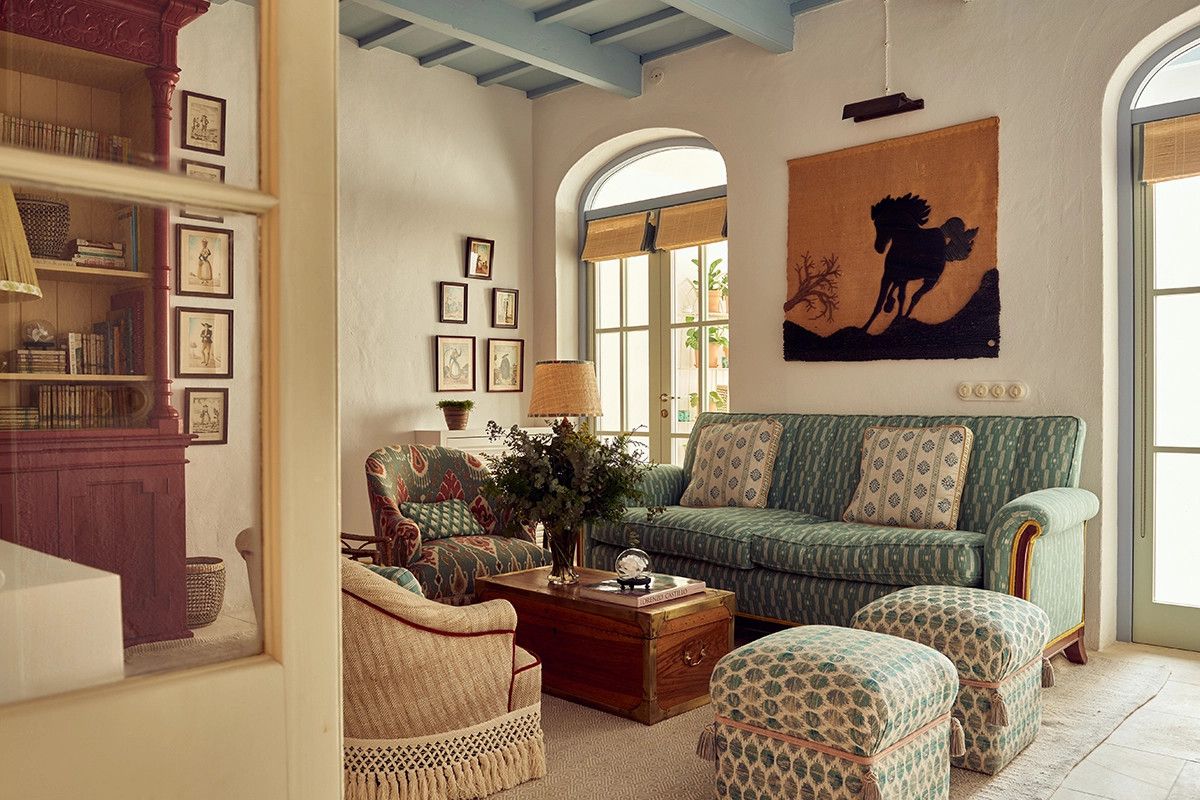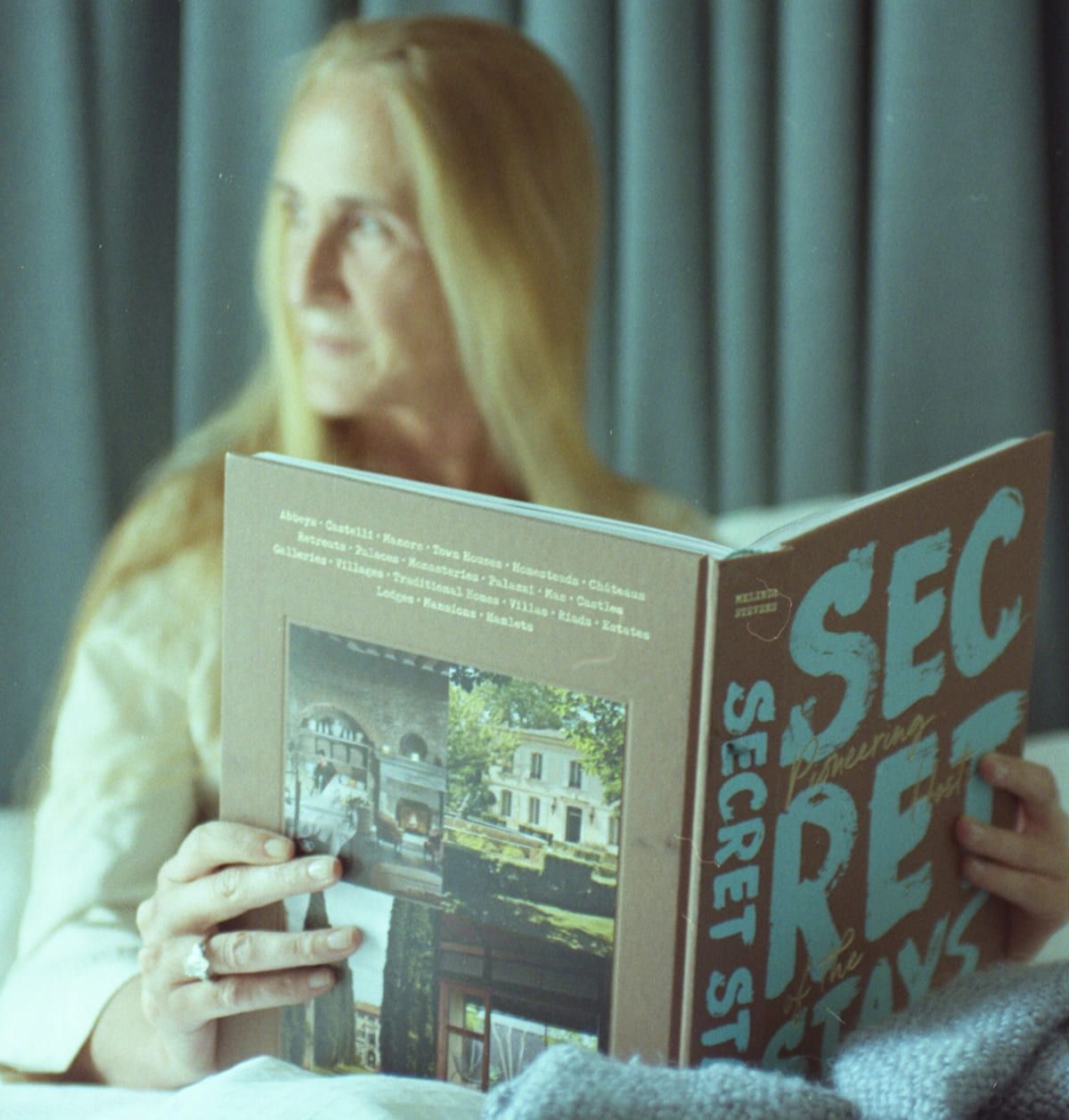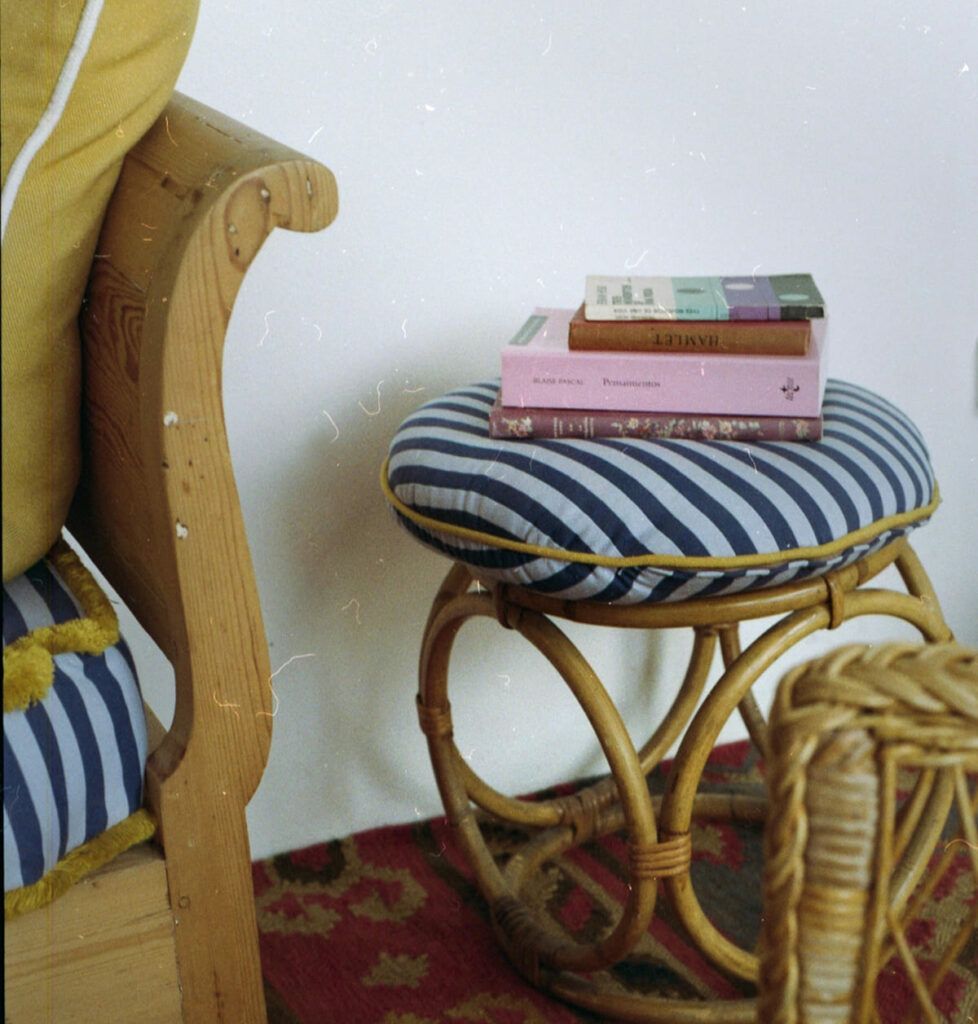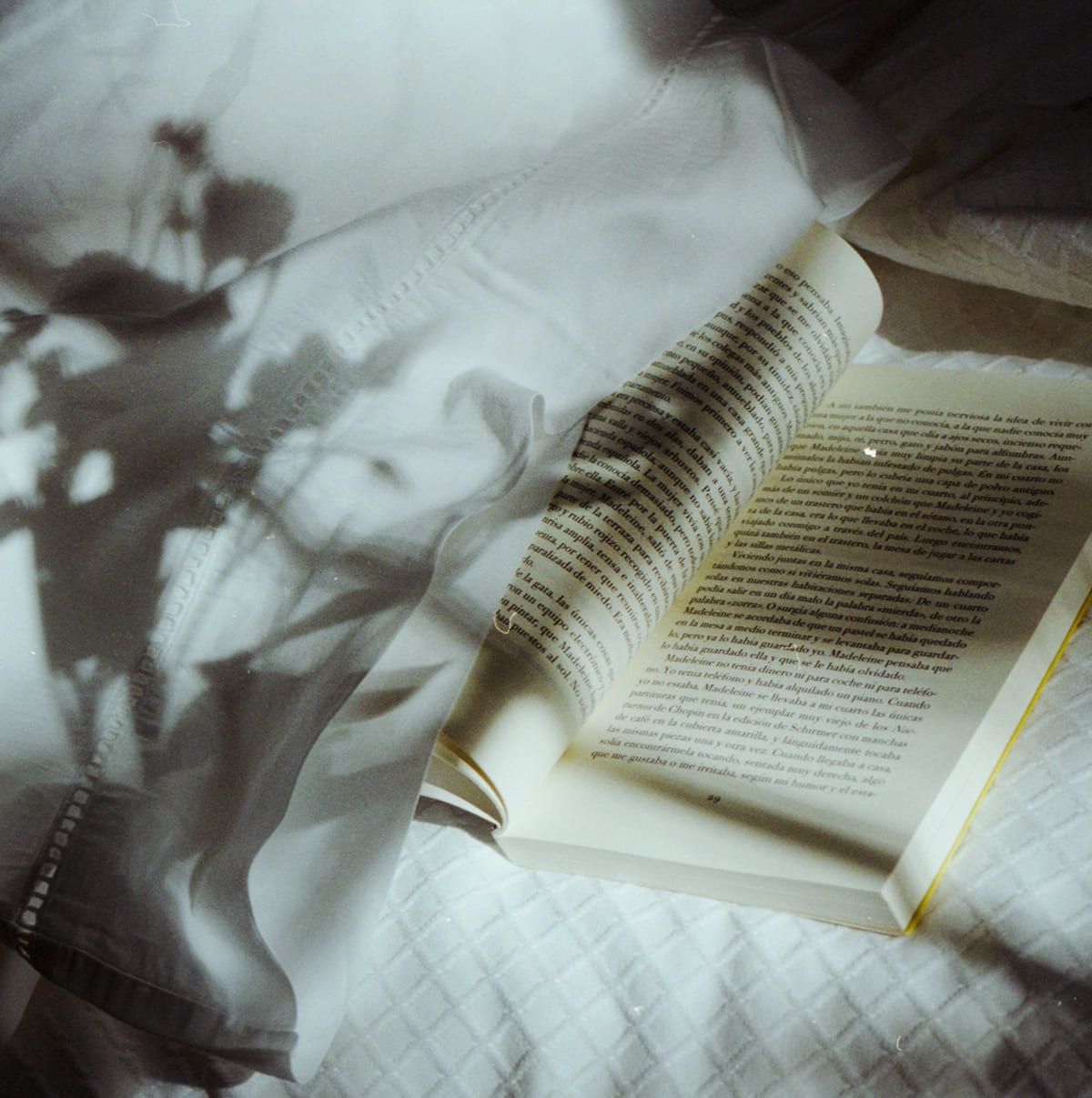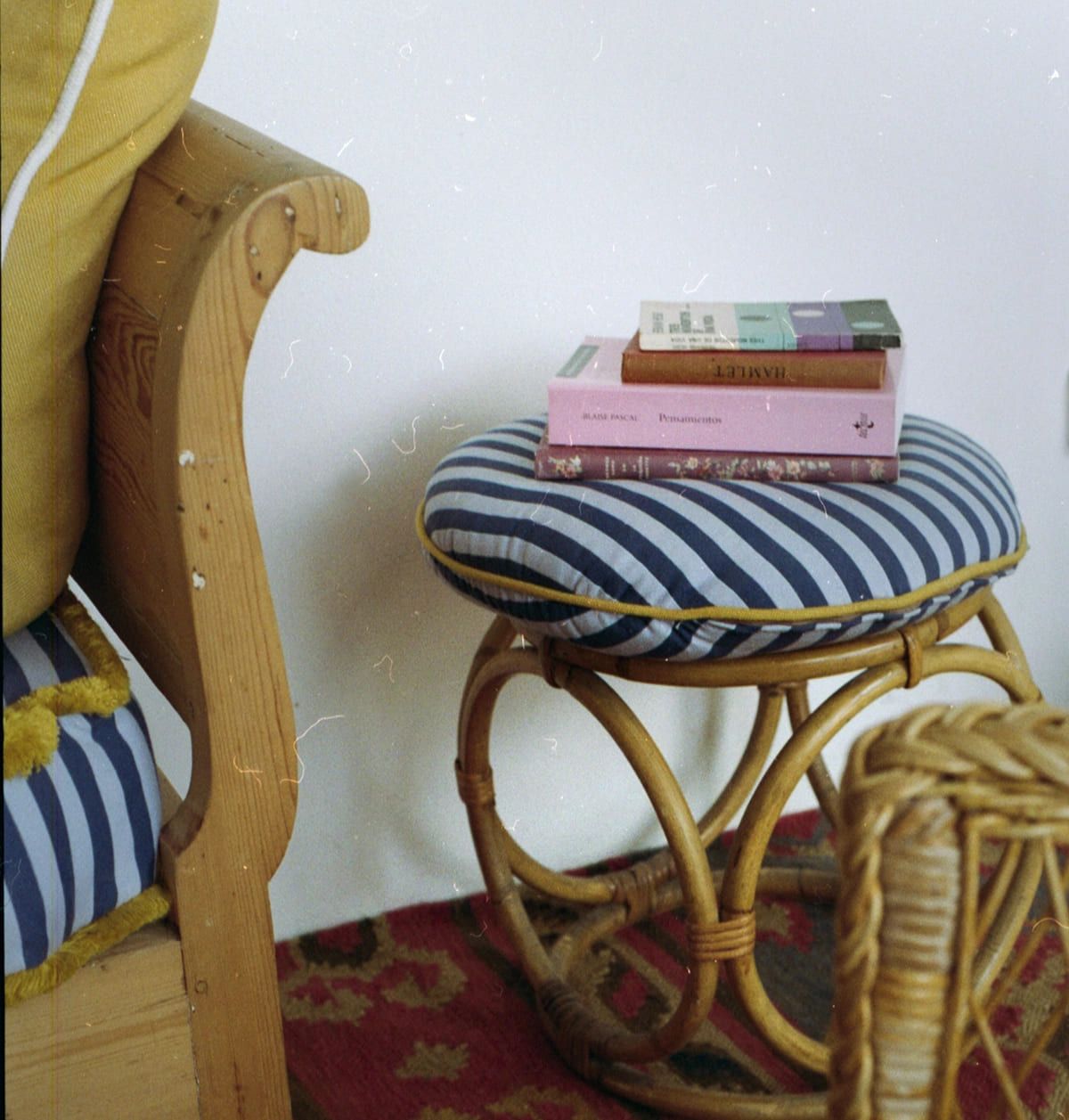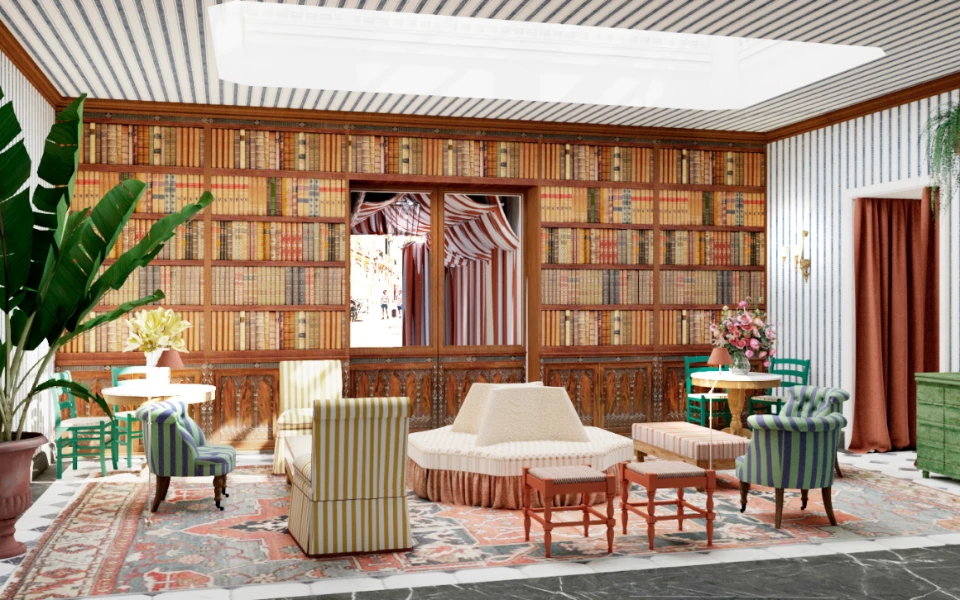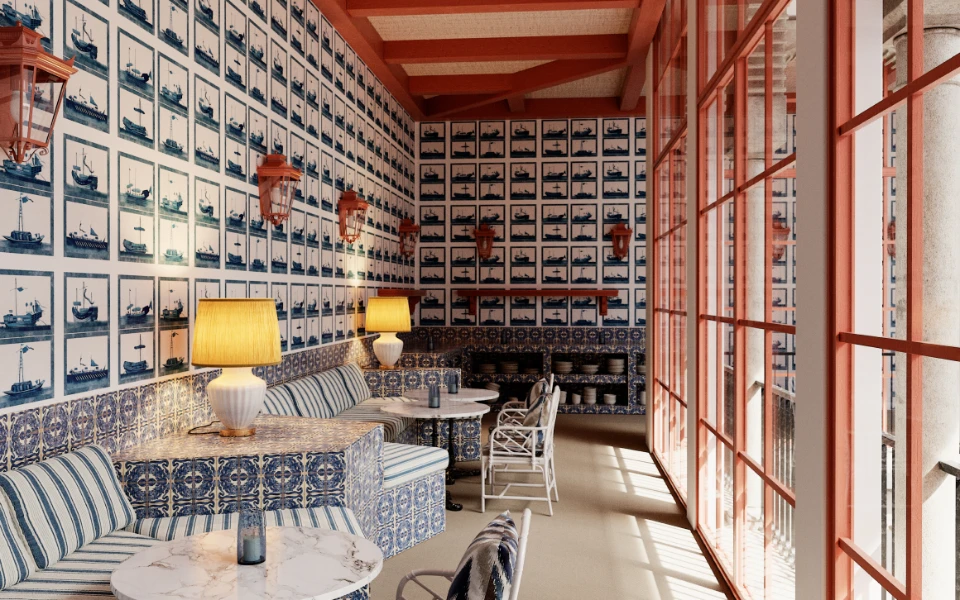Cristine Bedfor : Bien plus qu’un hôtel boutique
L’Hôtel Cristine Bedfor a été créé dans le but d’offrir des expériences uniques.
Notre objectif est que chaque invité puisse vivre, ressentir et profiter de moments inoubliables dans chacune de nos destinations.
Destinations
Art, nature, culture et tradition se rejoignent chez Cristine Bedfor pour créer des espaces uniques où nos amis peuvent profiter de moments spéciaux, conçus sur mesure. Ces expériences garantissent qu’aucune occasion n’est manquée pour compléter leur séjour et enrichir leur voyage.
Cristine Bedfor propose des destinations distinctives, situées dans des lieux emblématiques qui combinent élégance classique et confort contemporain.
Chaque espace est soigneusement conçu, mêlant des éléments historiques et locaux à une touche personnelle. Le résultat est une expérience immersive qui permet aux invités de se connecter profondément avec leur environnement et de profiter d’un séjour véritablement unique et inoubliable.
Destinations
Art, nature, culture et tradition se rejoignent chez Cristine Bedfor pour créer des espaces uniques où nos amis peuvent profiter de moments spéciaux, conçus sur mesure. Ces expériences garantissent qu’aucune occasion n’est manquée pour compléter leur séjour et enrichir leur voyage.
Cristine Bedfor propose des destinations distinctives, situées dans des lieux emblématiques qui combinent élégance classique et confort contemporain.
Chaque espace est soigneusement conçu, mêlant des éléments historiques et locaux à une touche personnelle. Le résultat est une expérience immersive qui permet aux invités de se connecter profondément avec leur environnement et de profiter d’un séjour véritablement unique et inoubliable.
Chambres
Cristine Bedfor offre un séjour intime et spécial, rempli d’espaces méticuleusement et personnellement conçus pour proposer une expérience unique. Chaque chambre raconte sa propre histoire, nichée dans une maison pleine de recoins spéciaux qui rendent chaque séjour inoubliable.
En privilégiant le confort et l’intimité, nous avons créé des espaces lumineux, colorés et remplis de détails attentionnés, conçus pour offrir tranquillité et une expérience vraiment mémorable.
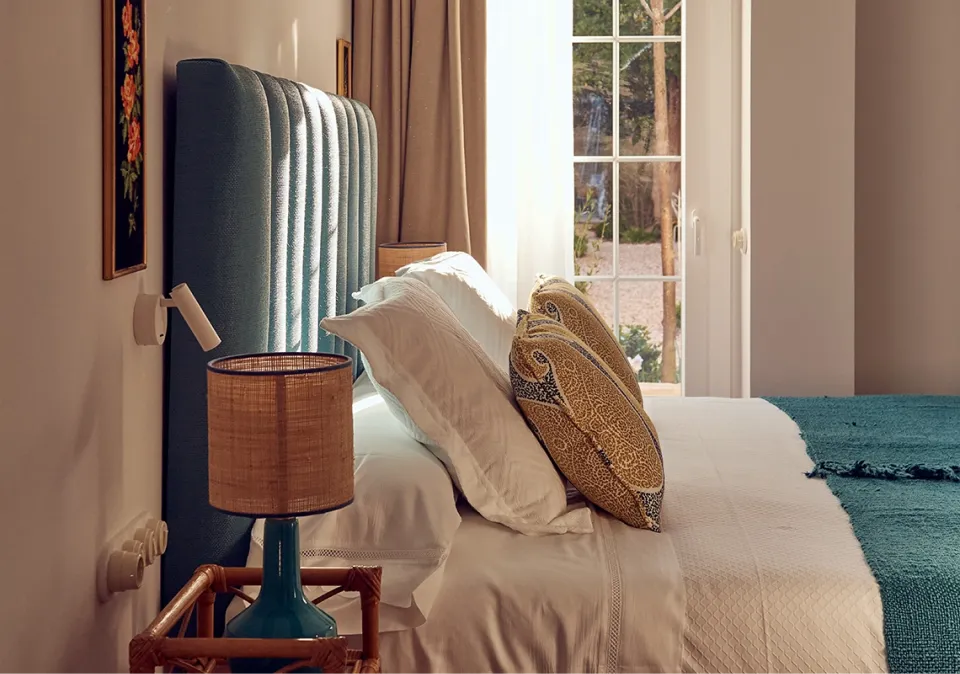
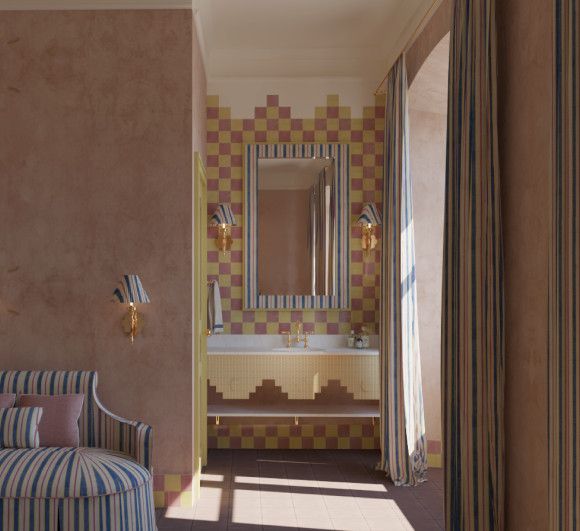
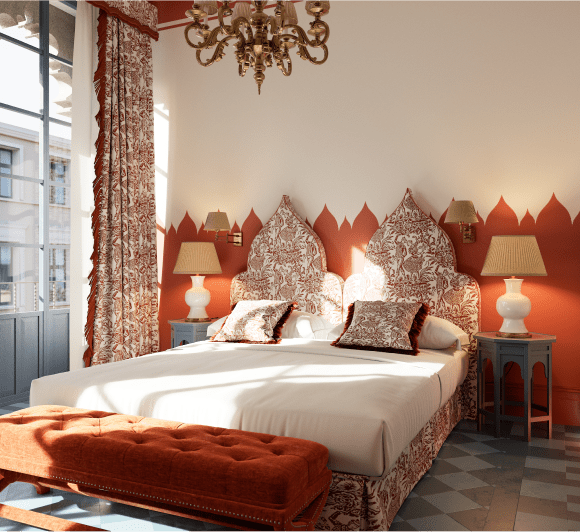
Chambres



Cristine Bedfor offre un séjour intime et spécial, rempli d’espaces méticuleusement et personnellement conçus pour proposer une expérience unique. Chaque chambre raconte sa propre histoire, nichée dans une maison pleine de recoins spéciaux qui rendent chaque séjour inoubliable.
En privilégiant le confort et l’intimité, nous avons créé des espaces lumineux, colorés et remplis de détails attentionnés, conçus pour offrir tranquillité et une expérience vraiment mémorable.
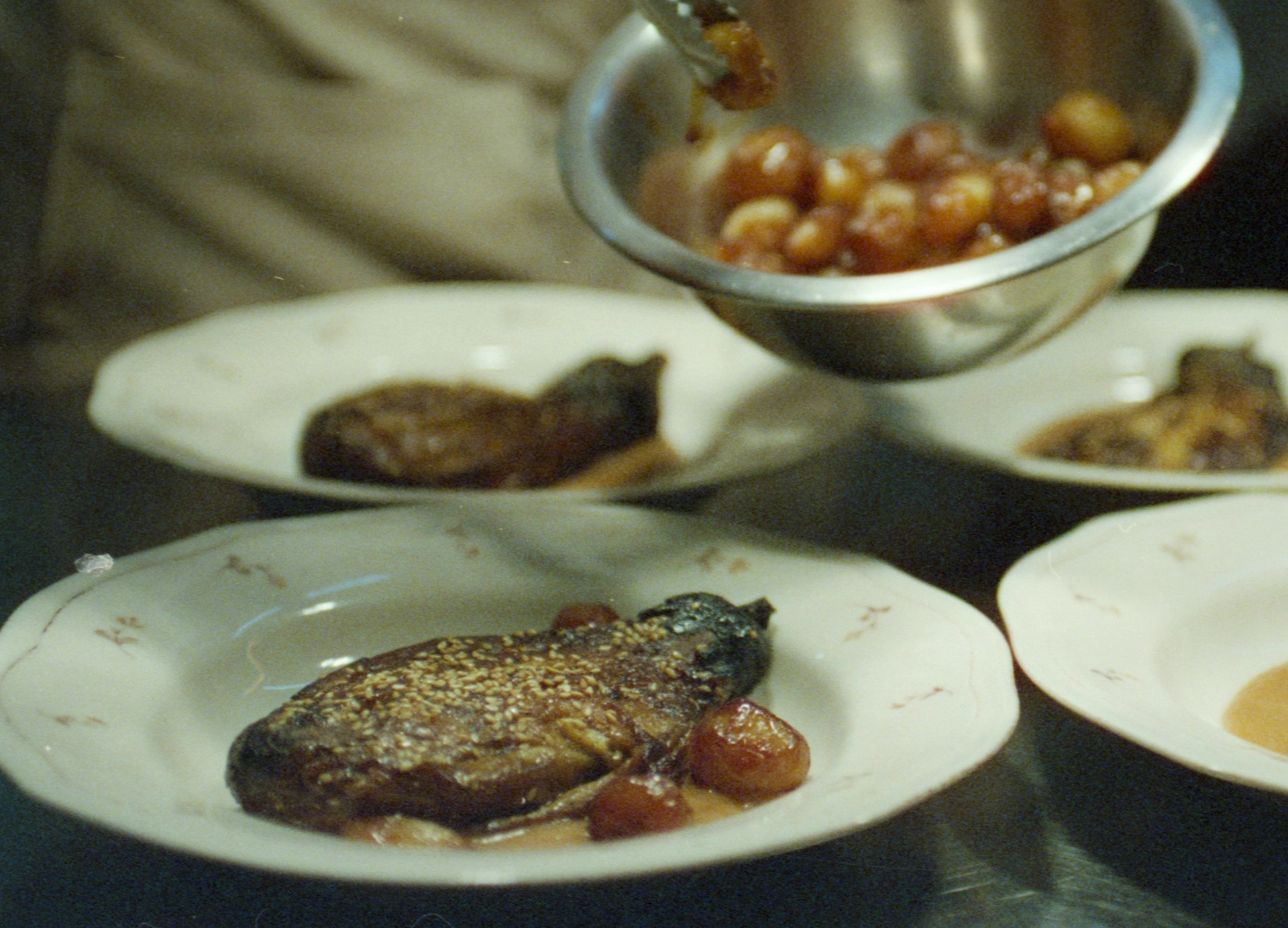
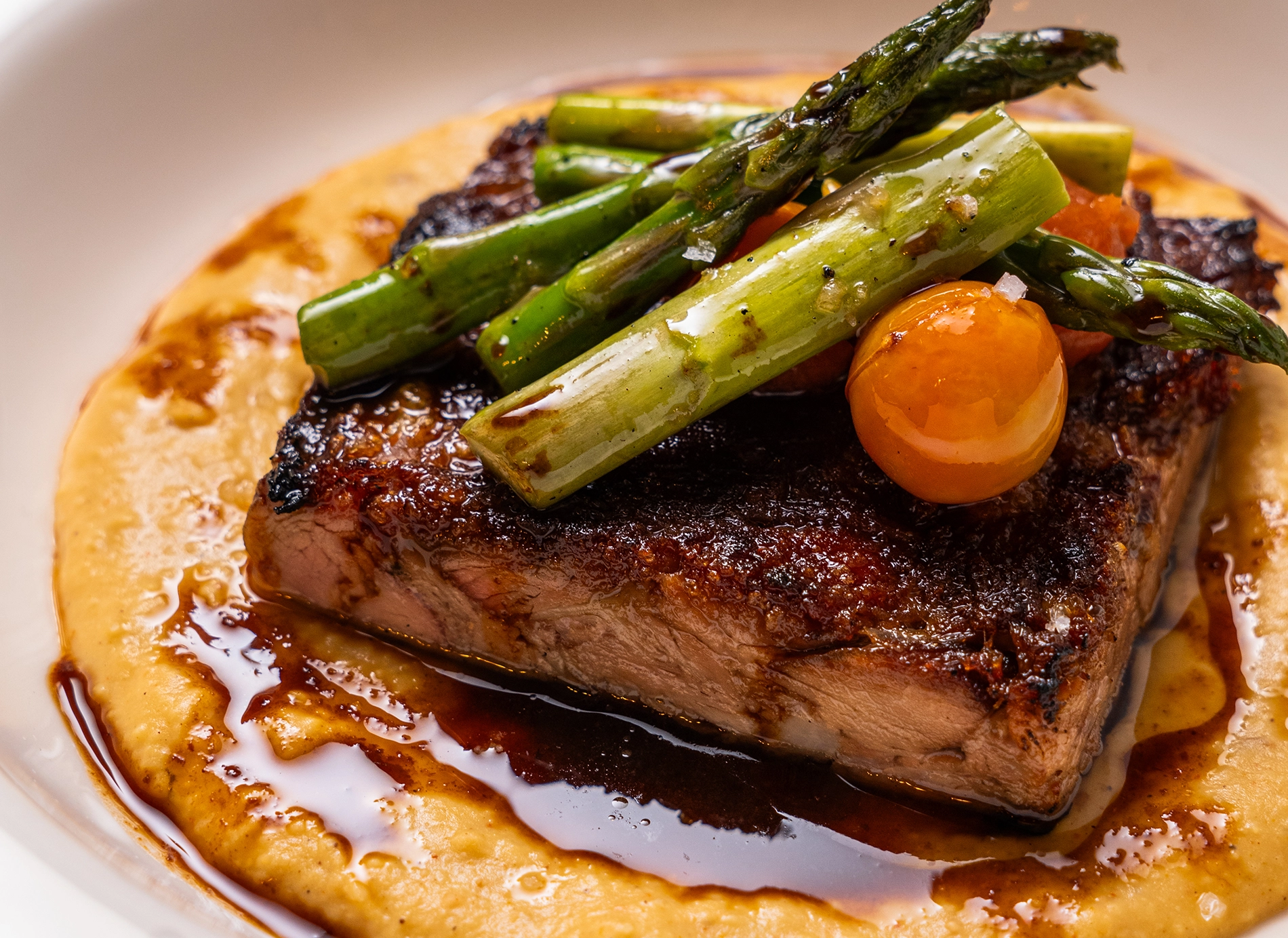
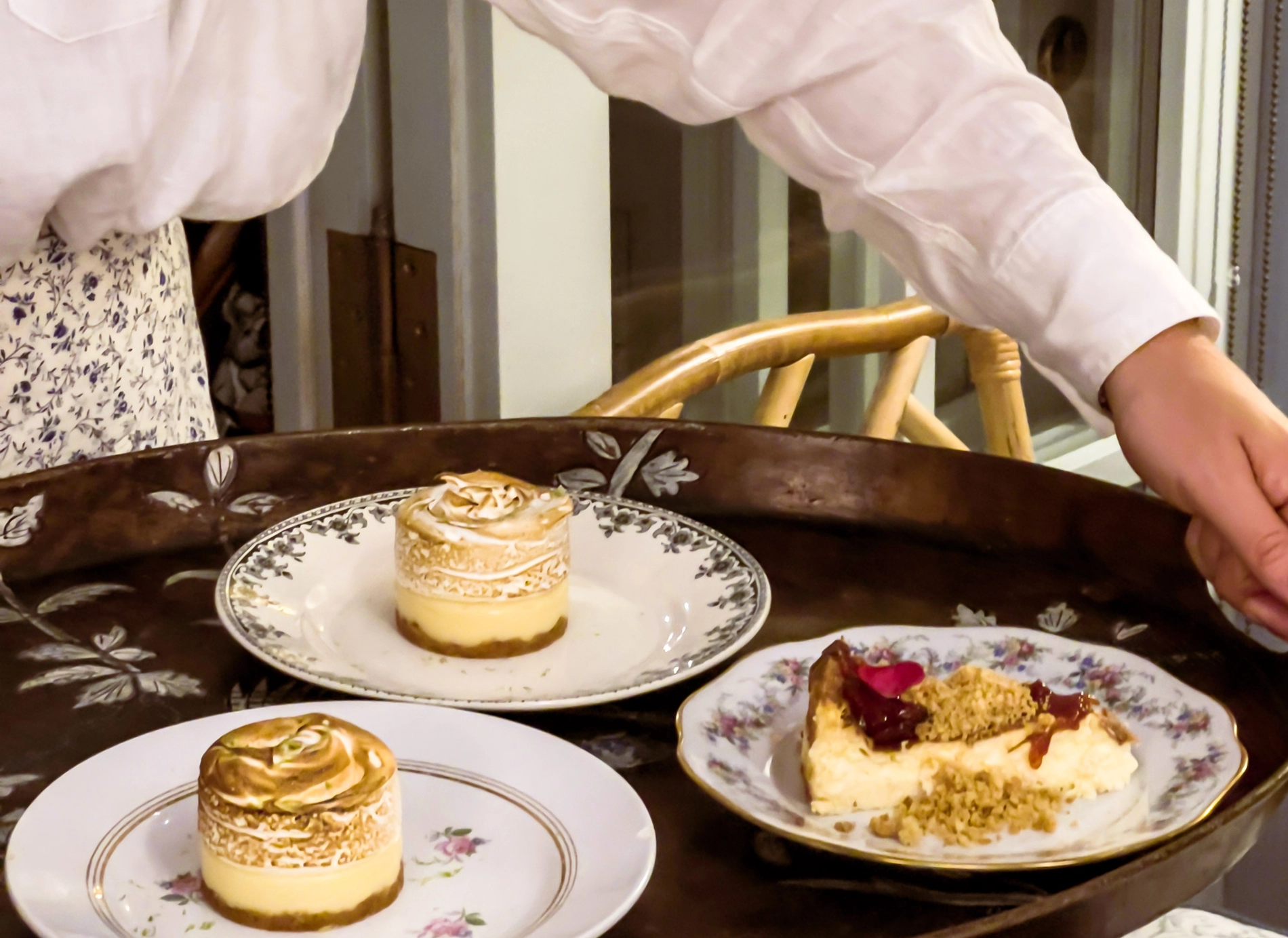
La Cocina de Cristine
Dans «La Cocina de Cristine», vous découvrirez un concept gastronomique innovant, né du respect de la tradition et d’une passion pour la qualité.
La Cocina de Cristine propose une offre culinaire qui s’aligne entièrement sur la philosophie de l’hôtel, en veillant à ce que chaque détail soit traité avec soin. À chaque destination, elle met en avant les saveurs locales grâce à l’utilisation d’ingrédients frais, de saison et issus des producteurs locaux, soigneusement sélectionnés pour leur qualité et leur caractère. L’accent est mis sur la préservation de l’essence de chaque ingrédient de saison et de la cuisine locale de nos maisons.
La Cocina de Cristine
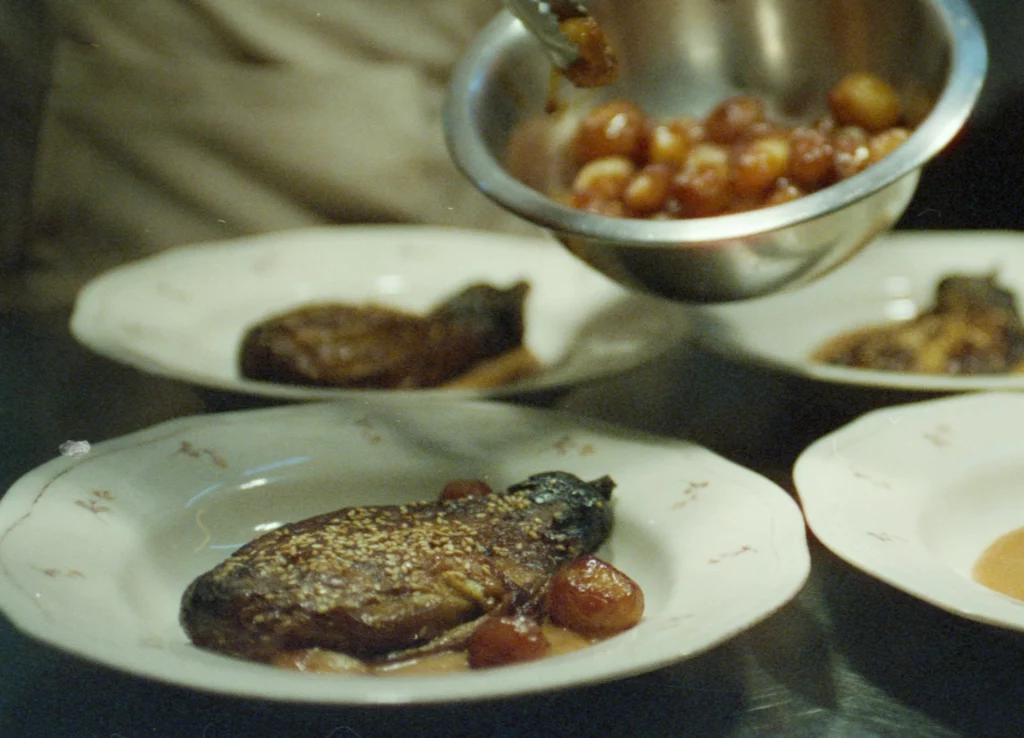
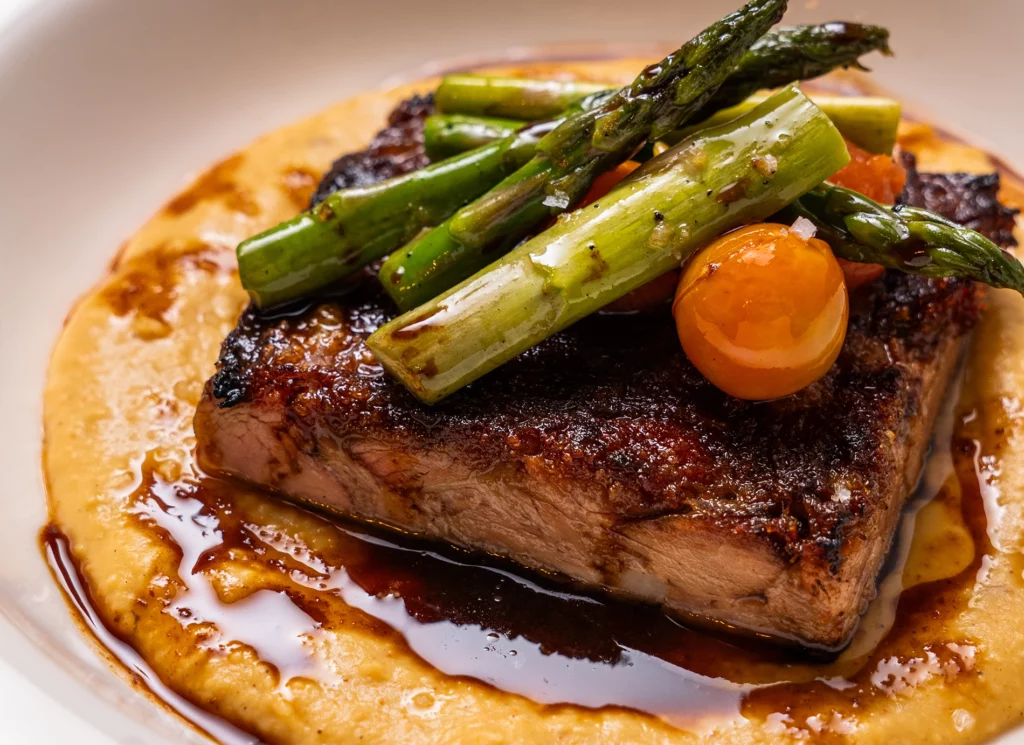
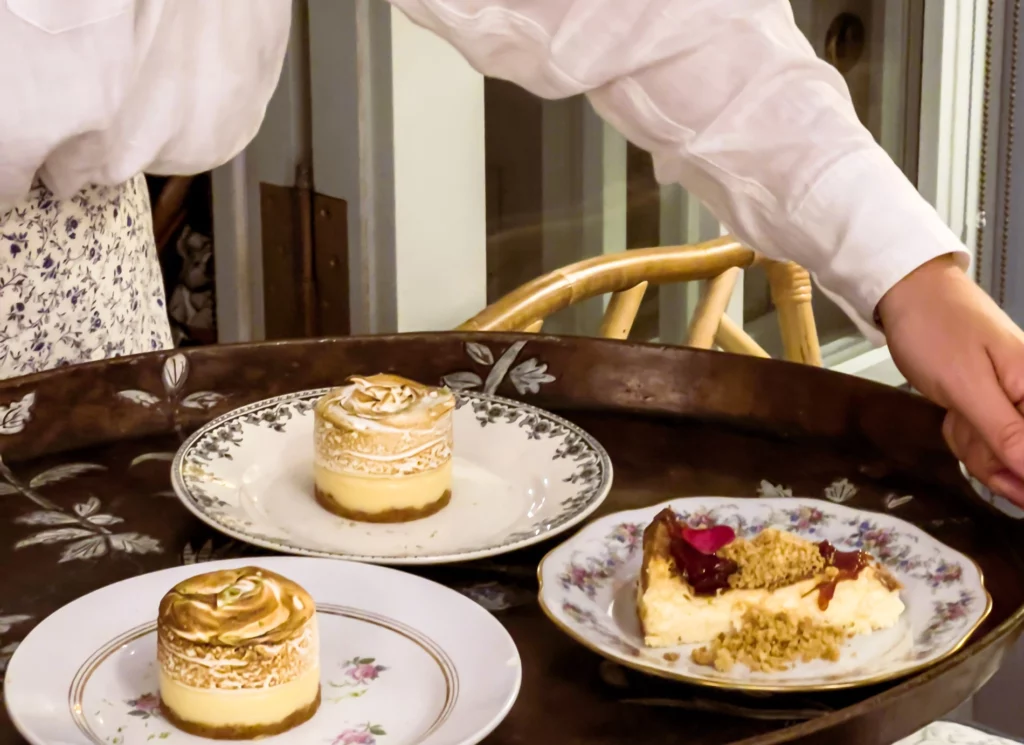
Dans «La Cocina de Cristine», vous découvrirez un concept gastronomique innovant, né du respect de la tradition et d’une passion pour la qualité.
La Cocina de Cristine propose une offre culinaire qui s’aligne entièrement sur la philosophie de l’hôtel, en veillant à ce que chaque détail soit traité avec soin. À chaque destination, elle met en avant les saveurs locales grâce à l’utilisation d’ingrédients frais, de saison et issus des producteurs locaux, soigneusement sélectionnés pour leur qualité et leur caractère. L’accent est mis sur la préservation de l’essence de chaque ingrédient de saison et de la cuisine locale de nos maisons.

